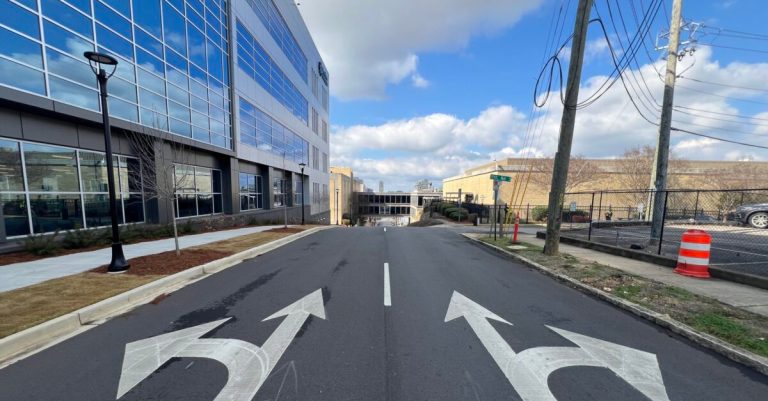First time in the south! Black Citizenship in the Age of Jim Crow opens October 18th at the Birmingham Civil Rights Institute
Reading time: 4 minutes
Sponsored

Maybe you’ve heard personal stories from your grandparents? Or studied civil rights in school. Understanding the struggles many faced before you isn’t an easy task, but it’s worth trying. For many African Americans, the struggle for rightful treatment as a U.S. Citizen was significant and heart-breaking. Presented for the first time in the south, at the Birmingham Civil Rights Institute Black Citizenship in the Age of Jim Crow will offer an immersive exhibit from October 18 to December 31, 2019 so you can see the challenges for yourself. Plan your visit now.
Although the boundaries of citizenship were amended following the civil war and persons born in the United States were citizens and equal before the law; a backlash ensued, leading to the “separate but equal” age of Jim Crow.
The system of second-class citizenship, racial segregation in public facilities and legalized discrimination was put in place across the nation, which was not challenged until the Civil Rights Movement of the 1950’s and 1960’s.
Black Citizenship in the Age of Jim Crow
The exhibition at the Birmingham Civil Rights Institute (BCRI) will primarily explore the long struggle of African Americans for full rights as citizens, including the right to be accepted and to feel safe.

On loan from the New-York Historical Society, and being displayed for the first time in the south, the exhibition is organized chronologically from the end of the Civil War to the end of World War I and highlights the central role played by African Americans in advocating for their rights.

The legacy of this period of American history could not be more relevant—the question of American identity is still one of today’s most pressing issues.
Understanding American citizenship

Andrea L. Taylor, President & CEO, BCRI said,
“With cultural race, ethnicity, gender, class, sexuality, and legal status all contributing to conceptions of national identity, the popular understanding of who should be recognized as a ‘fellow American’ has continuously evolved throughout our nation’s history and is as important today as ever.”
Taylor went on to say “this exhibit will provide a critical opportunity for Birmingham area students and all of the city’s residents and visitors to examine some of today’s most pressing issues in the light of both our nation’s highest ideals as well as its most dishonorable manifestations”
Bringing history alive

The exhibition is brought alive by many objects that tell the stories of African Americans who pushed for their rights within the oppressive environment of the Jim Crow south.
Objects include an early ballot box, a segregated rural mail delivery saddlebag that separated mail for “White” and “Colored” residents, and a model of a vibrant 1910s Black Harlem.

A series of dramatic sets, videos and original audio recordings will transport museum-goers back to a nation still reeling from the effects of the Civil War, and in crisis over the question of black citizenship.
See the artwork of Winslow Homer, Kara Walker and more

Black Citizenship in the Age of Jim Crow will expand upon the permanent galleries of the BCRI, featuring the works of marquee artists such as Winslow Homer, Kara Walker, and Thomas Waterman Wood.

Along with artifacts and archive records, the artwork on display will reach visitors of all ages, races and walks of life.
Learn more

The Birmingham Civil Rights Institute will present Black Citizenship in the Age of Jim Crow from October 18 – December 31, 2019. This exhibition has been organized by the New-York Historical Society with funding from the National Endowment for the Humanities. Local support comes from Birmingham-area companies and foundations.
The exhibition will be open to all general admission ticket holders.
Established 25 years ago, the mission of the Birmingham Civil Rights Institute is to enlighten each generation about civil and human rights by exploring our common past and working together in the present to build a better future. Become a member today.
Sponsored by:




